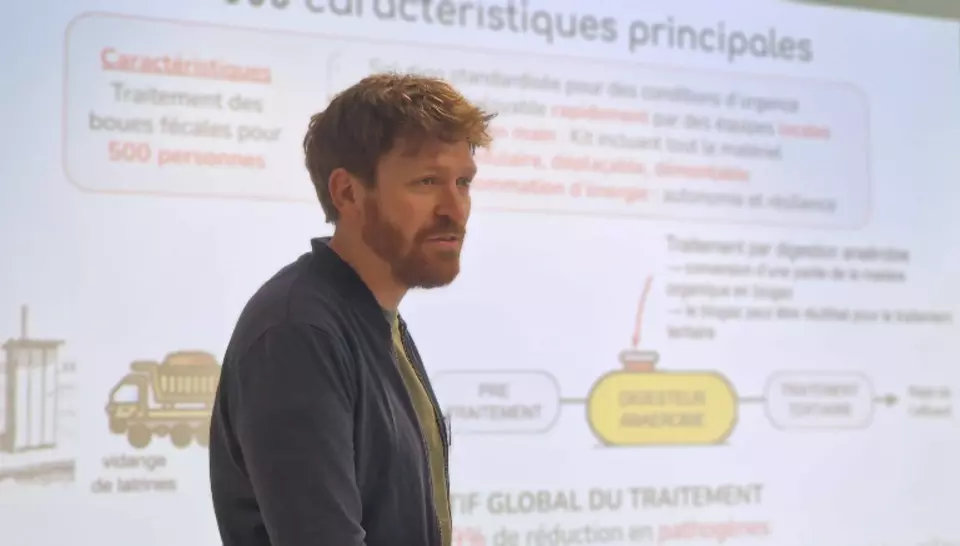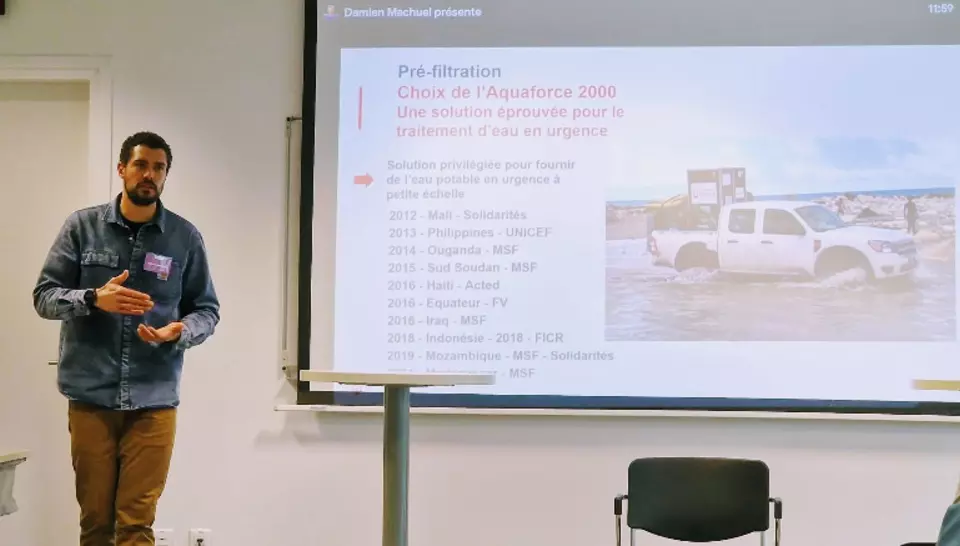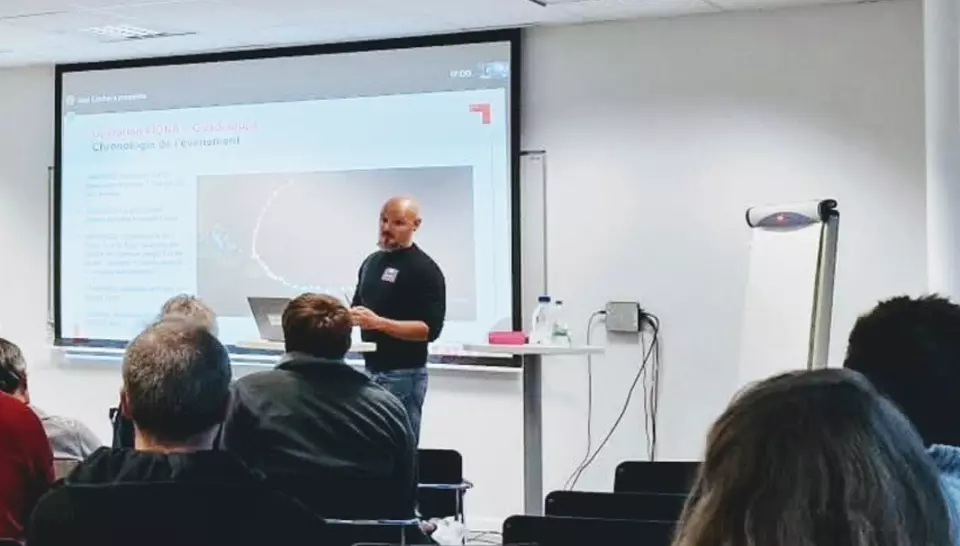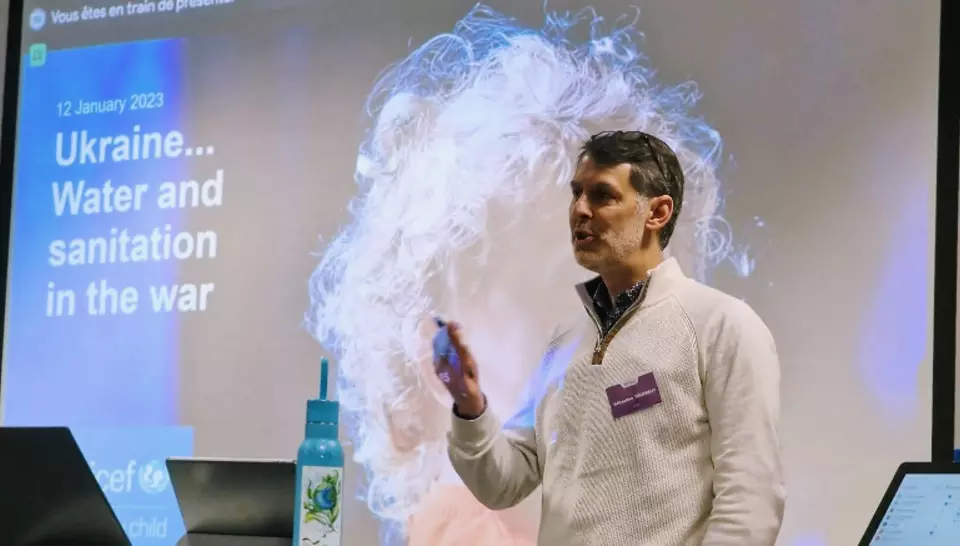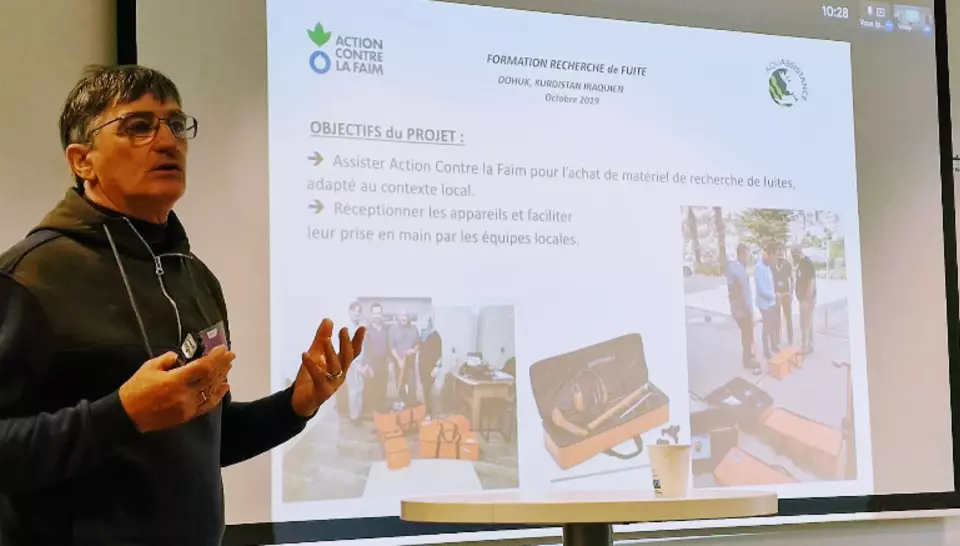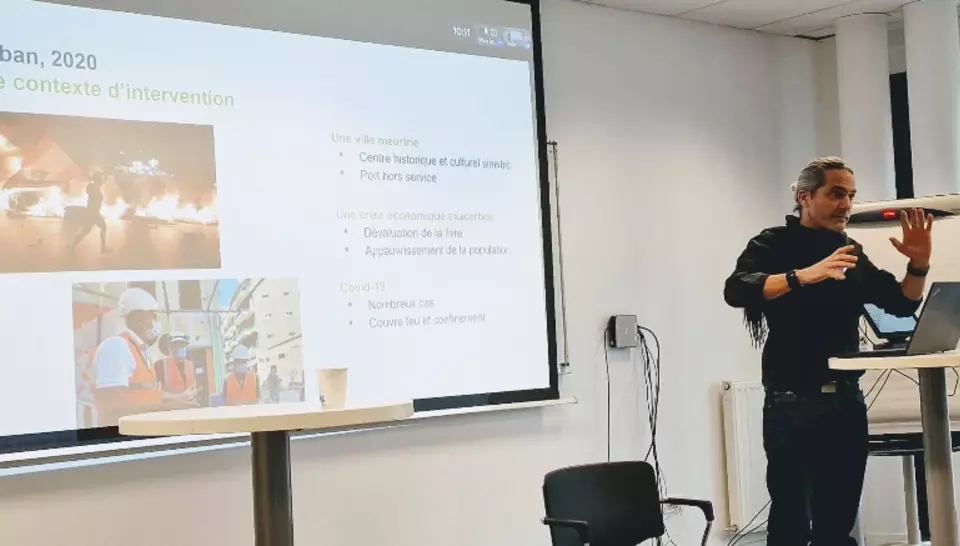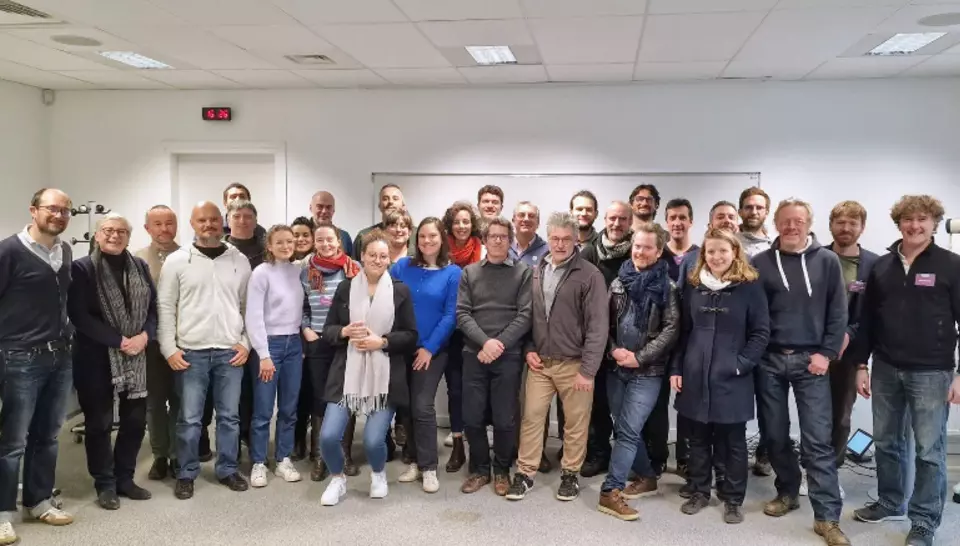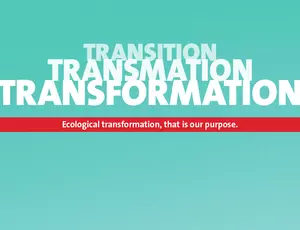On 26 and 27 January, around fifty experts in the field of access to water and sanitation in the humanitarian sector took part in the second edition of the WASH (Water, Sanitation and Hygiene) workshops organised by the Veolia Foundation and the French Water Partnership (PFE). Objectives: to take stock of innovation in access to water and sanitation in the humanitarian sector. And to share good practices, particularly in Ukraine, Pakistan, Lebanon and Kenya.
Cooperating to innovate
Innovating in humanitarian action requires more and more cooperation between the actors involved. This is the objective of the Veolia Foundation, which places ecological transformation at the heart of all its projects:
It develops and finances Saniforce 500, a low-energy solution for treating faecal sludge for 500 people. This project, conducted with the University of ETH Zurich in Switzerland, is based on a prototype tested in Kisumu, Kenya, which reuses biogas from anaerobic sludge treatment to remove pathogens. A decisive health innovation for the humanitarian sector.
With climate change, tropical storms are becoming more intense and causing more damage. After storm Fiona hit Guadeloupe in September 2022, the teams of Pirac - the regional intervention platform of the French Red Cross supported by the Veolia Foundation - have obtained a "drinking water" certification from the Regional Health Agency for an Aquaforce 2000 a first in France for this mobile unit used in a sensitive context linked to chlordecone soil pollution. Coupled with the Aquaforce 2000, a new mobile unit Aquaforce RO (Reverse Osmosis) unit can be used to treat brackish water in crisis situations.
In Pakistan last autumn, the deployment of two Aquaforce 2000 mobile emergency units by the Veolia Foundation led to exchanges with Veolia laboratories to solve a problem of taste in the water produced. A demonstration of the chain of expertise made available to humanitarians within the framework of the Veoliaforce network.
Other innovations in France help people in vulnerable situations, such as hand-washing systems using recycled water to improve living conditions in squats and slums.
Reducing the environmental footprint
Emergency response also has an impact on the environment and the natural resources that local people use. "To reduce this impact, one-off initiatives will not suffice: we need to move to a global approach," says Thierry Vandevelde, Executive officer of the Veolia Foundation.
As early as 2012, French organisations shared common reflections on their environmental footprint in the Humanitarian Environment Network, which has 250 members.
Médecins Sans Frontières has already committed to reducing its carbon footprint by 50% by 2030 and is working to reduce its environmental footprint. For example, with a project for local recycling of batteries that are used in emergency medical facilities, including an initial audit of recyclers in Nairobi, Kenya. On its side, ReNewGies has built a 600 m3 per day water pumping system that uses solar panels to supply several villages near Aleppo in Syria.
And when displaced populations are settled in camps, the treatment of faecal sludge is a health obligation to avoid epidemics. This is why the Austrian Red Cross is currently developing a prototype faecal sludge treatment unit for 20,000 people in Uganda for emergency deployment.
Preserving drinking water in crisis areas
Water is even more precious in crisis situations. In Ukraine, the Unicef has been actively engaged since 2014 in the Donbass to lead emergency repairs to the drinking water supply and district heating networks. In most regions, water networks are huge (several thousand km), and an incident in winter at -10°C can freeze these networks, displacing populations. From February 2022, UNICEF's work focused on displaced families and on maintaining their water supply. The Ukrainians must now be supported in rebuilding the infrastructure. "In the framework of a concerted coordination with the Ukrainian government and local authorities, Unicef is promoting not only the reconstruction of destroyed networks but also their improvement compared to the situation before the conflict," explains Sébastien Truffaut (Unicef) who has returned from Ukraine. In order to achieve this objective, he insists on the relevance of hybrid approaches between local authorities, the humanitarian sector and the private sector.
In Lebanon, after the August 2020 explosion of a chemical site in the port of Beirut, eight volunteers from the Veolia Foundation spent 50 days looking for water leaks in 220 km of network, which were repaired the next day. They have also transferred their skills to local teams, which is important for the continued use of leak detection tools. Similarly, in Dohuk, Iraq, experts from Action contre la Faim and Aquassistance experts trained local teams in leak detection.
So how can we overcome the water resource challenge if, by 2050, 52% of the world's population will be living under water stress? Water governance will need to be improved to better share the resource and reuse more wastewater.
Which organisations participated in this event?
The 2023 Humanitarian WASH Workshops at Campus Veolia in Lyon brought together representatives of NGOs (Médecins Sans Frontières, French Red Cross, Austrian Red Cross, International Committee of the Red Cross, Solidarités International, ReNewGies, Secours Islamique France, Triangle Génération Humanitaire), UN agencies (Unicef), state services (Sécurité Civile), associations (French Water Partnership, Aquassistance), corporate foundations (Veolia), research centres (ETH Zurich, department of Scientific and Technological Expertise of Veolia) and think-tanks specialising in humanitarian action (Groupe URD); as well as business experts on WASH (Water, Sanitation and Hygiene) issues.
For more information
> Veolia Foundation: Humanitarian WASH Workshops 2023 - 2nd edition
> The Veolia Foundation supports non-profit projects of general interest, in France and abroad, that contribute to the sustainable development of territories.
> Acting and committing to ecological transformation



